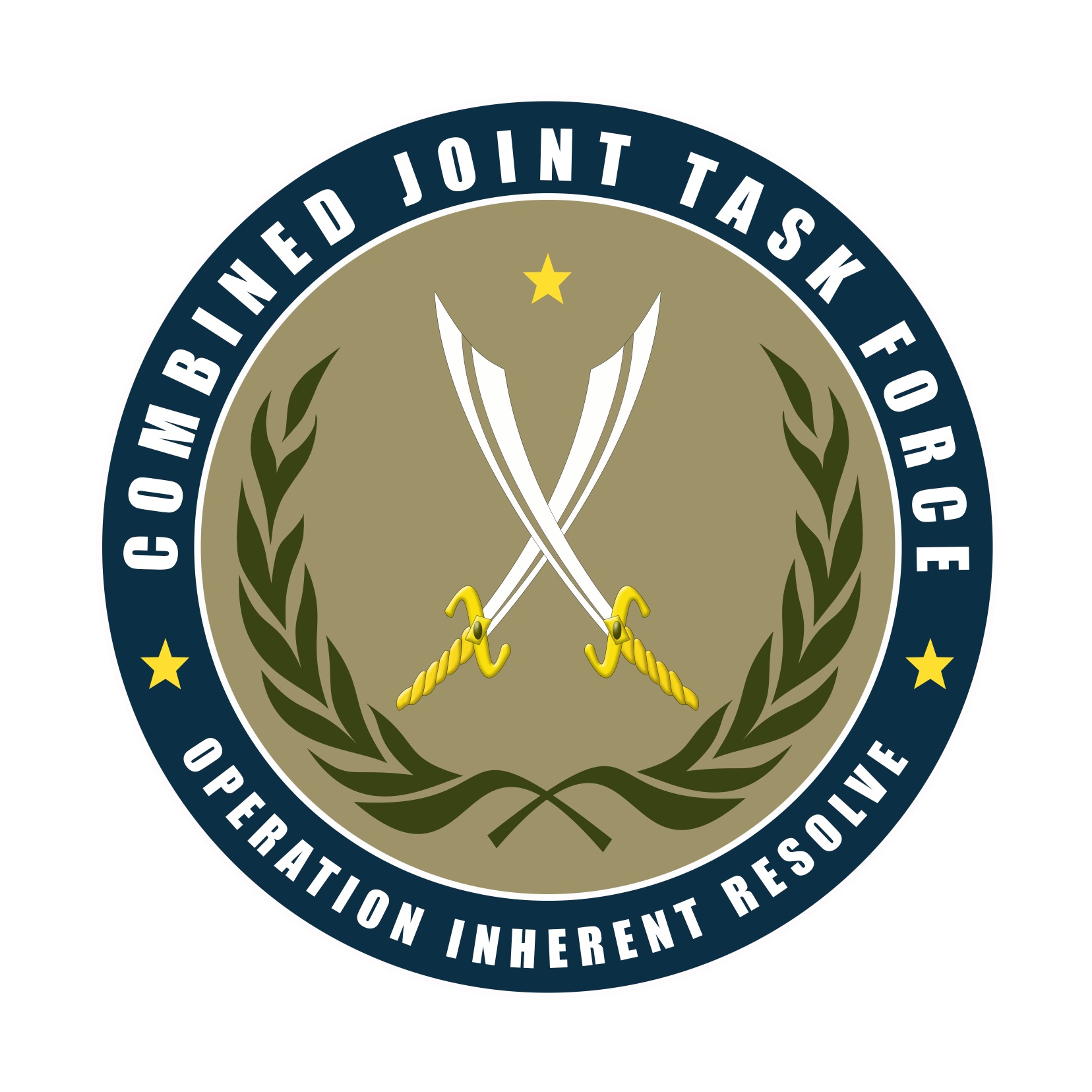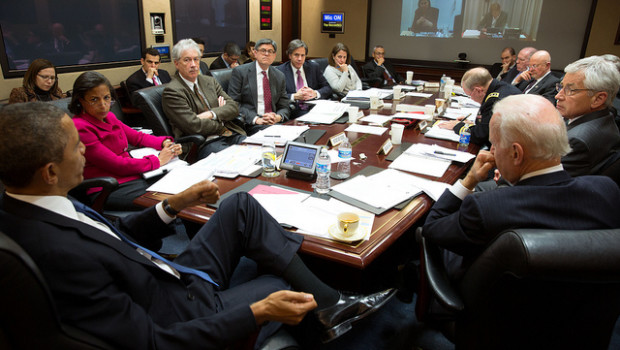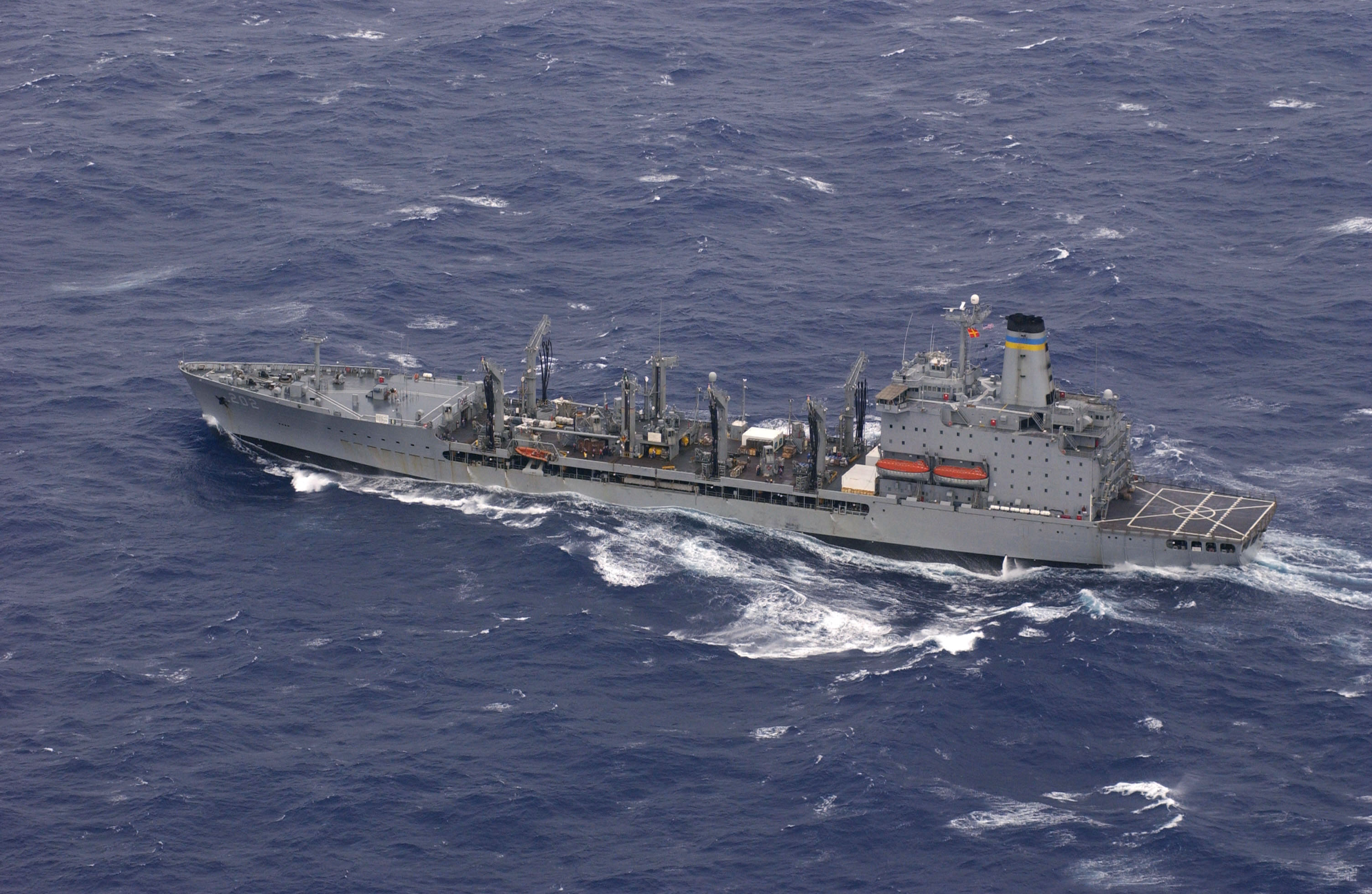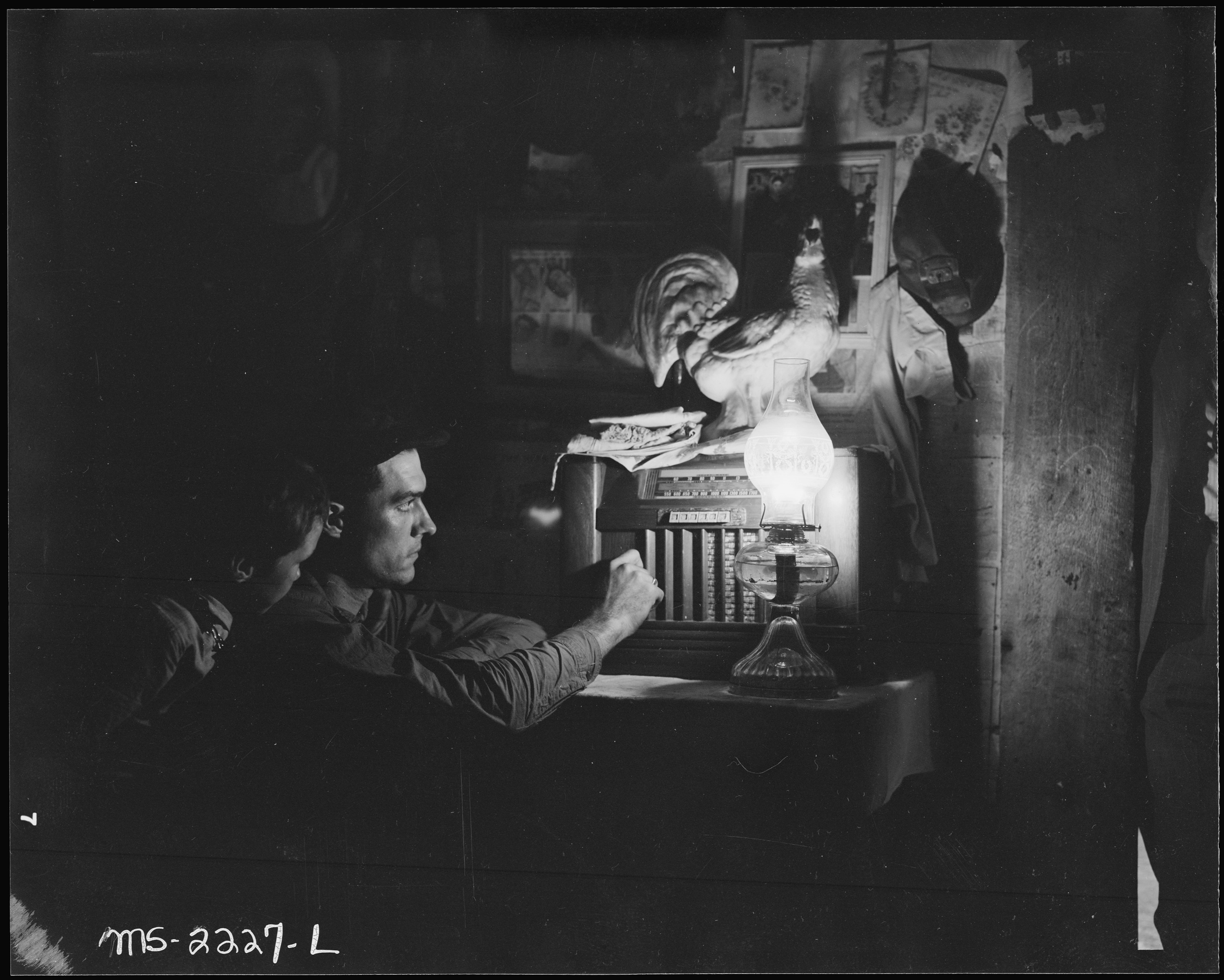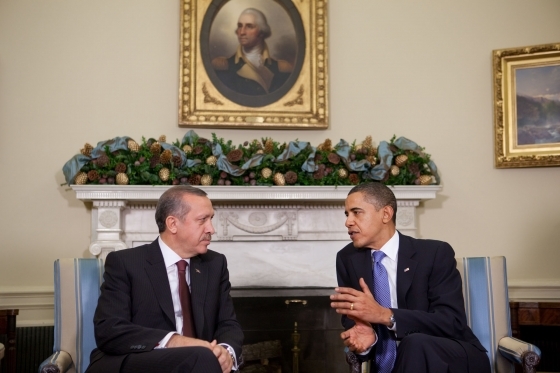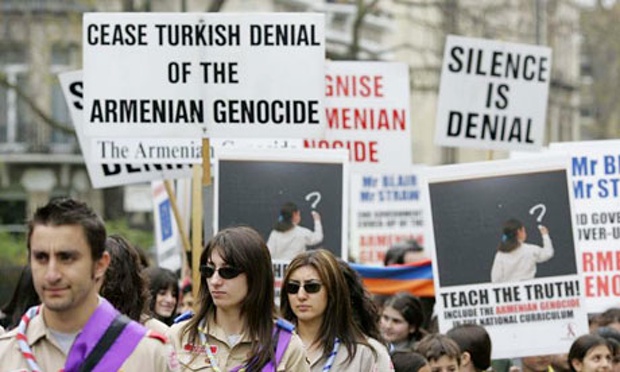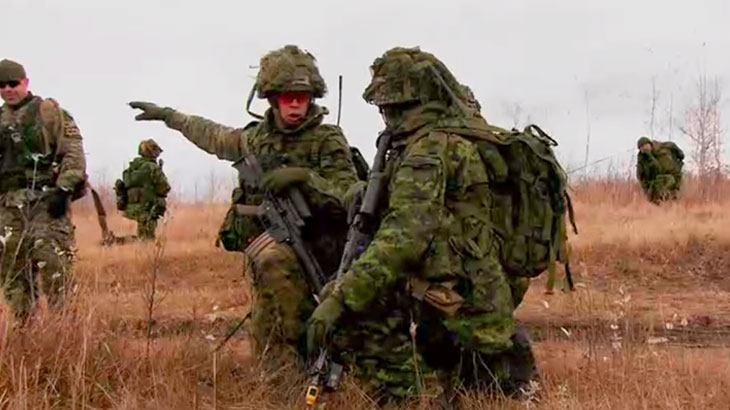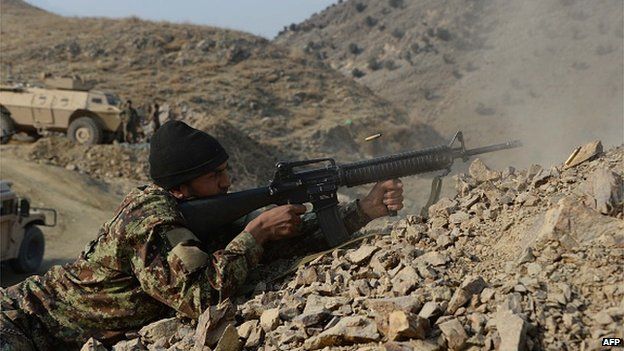The U.S. Military might have total air supremacy over the sky’s of Iraq and Syria, but can a bombing campaign alone defeat the Islamic state?
Security
Is Obama Responsible for the Rise of ISIS?
Our editors and special contributor, Professor Asher Susser of Tel Aviv University, consider a question sure to be asked during next year’s U.S. presidential election.
Canada’s Supply Ship Slipup: ‘Ready, Aye, Ready’?
The early retirement of the Protecteur-class supply ships leaves the Royal Canadian Navy in a challenging position. Paul Pryce discusses the attempted solutions and their potential impact on Canada’s military readiness.
Israel, the U.S., and the Iran Nuclear Agreement
Vanessa Hayford discusses Israel’s opposition to the recent Iran nuclear deal.
Information: The Perfect Weapon in Today’s Wired World, A Three-Part Series
In the final installment of a three-part series, Jenny looks at “countering disinformation campaigns” during the Cold War, and the lessons we can learn from them.
Turkey’s Policy Shift in Iraq and Syria Both Excites, and Baffles NATO
Umaima examines Turkey’s policy shift in Iraq and Syria, and why it’s confusing NATO. Is this a positive, or negative development in the fight against ISIS?
Einstein once asked Freud, “Why war?” Freud replied, “Because man is what he is.”
Victoria asks the questions: Why is sexualized violence so prevalent in modern and historical conflict? Is ISIS’ utilization of sexual violence and slavery the exception or the rule in war?
A Bloody Bargaining Chip: The Armenian Genocide and U.S.-Turkey Relations
Evan Blackwell explores how the contested legacy of the Armenian genocide has been downplayed by the U.S. as it attempts to recruit Turkey in the campaign against ISIS.
Canada and Trident Juncture
NATO is preparing to launch an historic training exercise, Trident Juncture 2015. Paul Pryce discusses Canada’s role and debunks some of the myths surrounding this training opportunity.
Is There a Possibility for Peace in Afghanistan?
Evan Blackwell considers the prospects for peace in Afghanistan.

